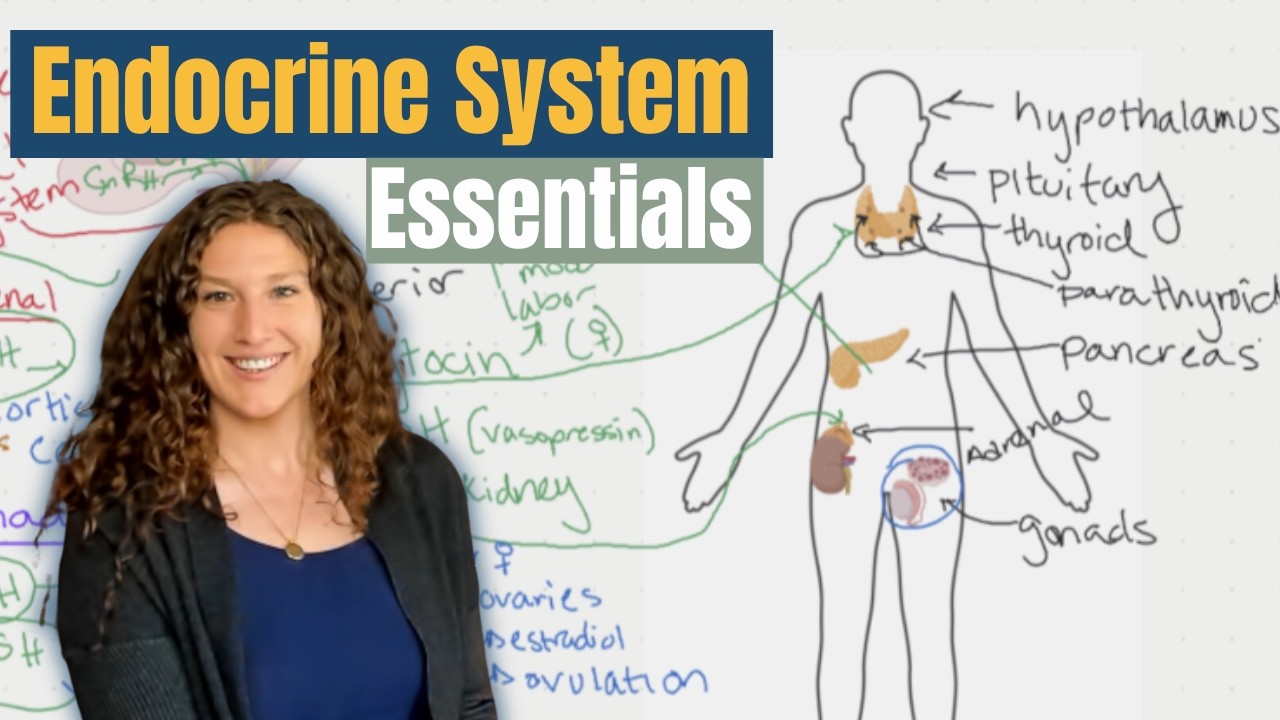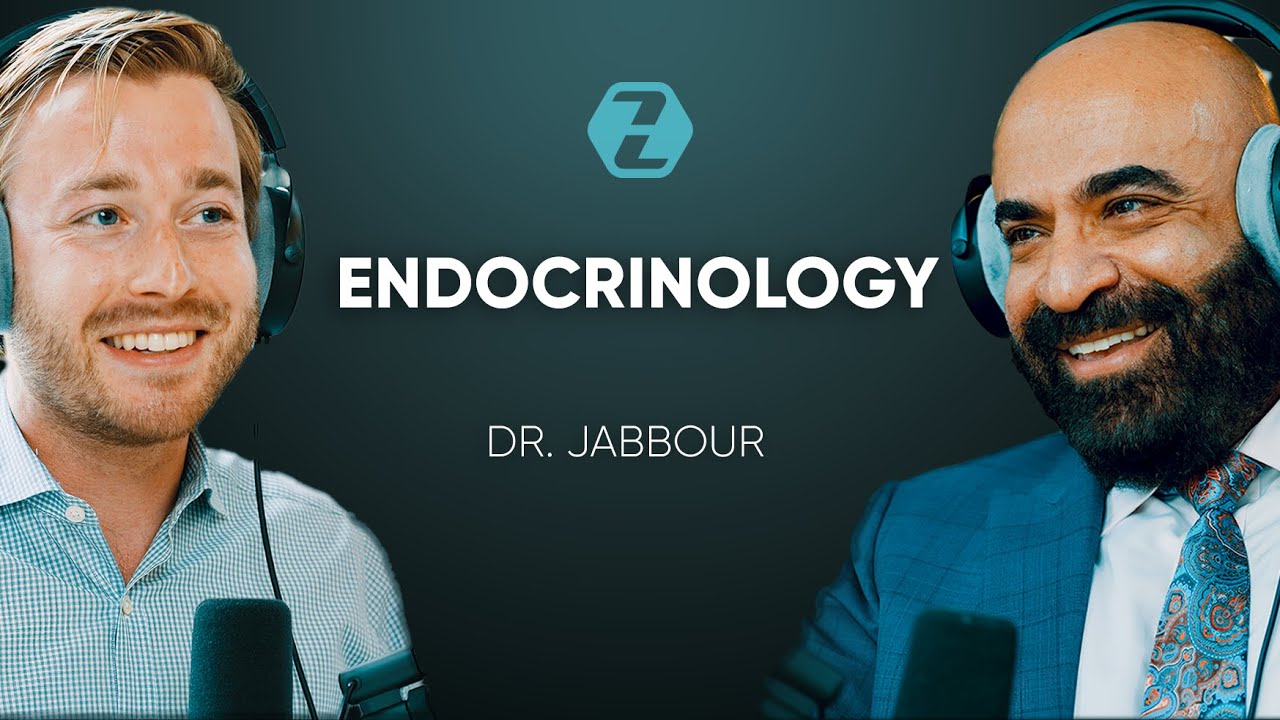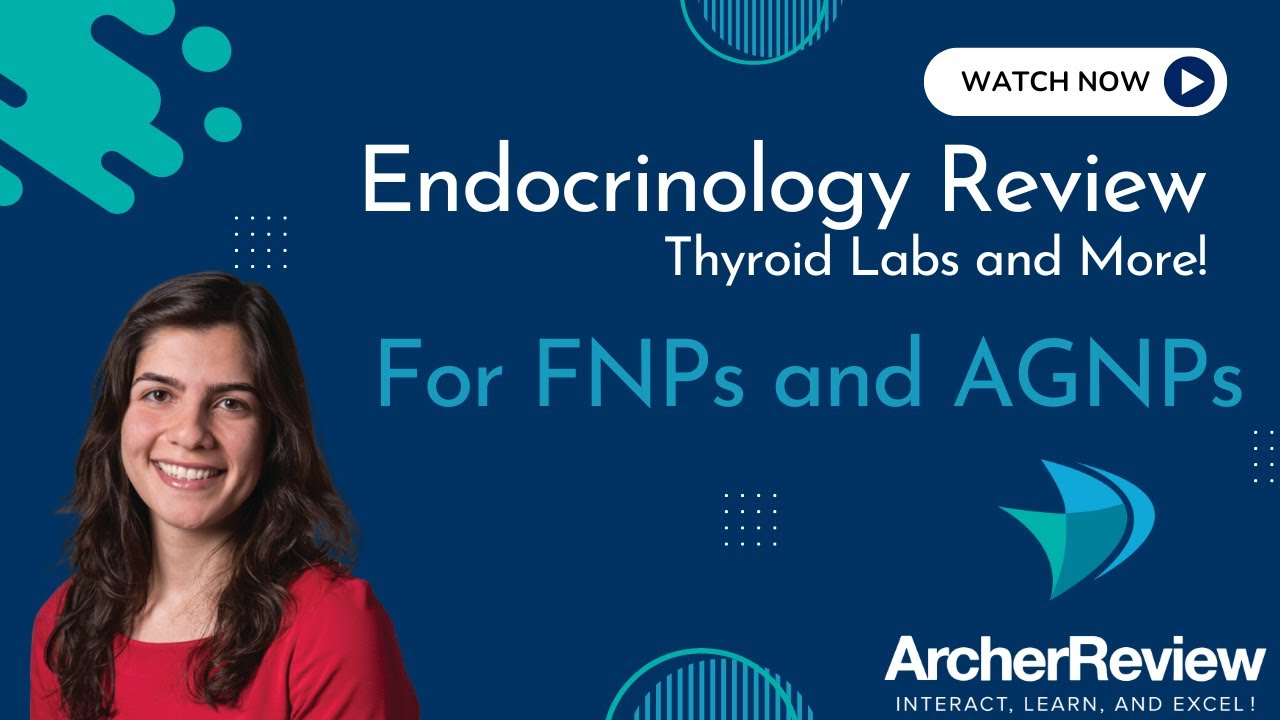NEW YORK (Reuters Health) Based on postoperative levels of parathyroid hormone and serum calcium, more than half of patients undergoing thyroidectomy do not need routine calcium and/or vitamin D supplements, according to the results of a retrospective study reported in the Archives of Surgery online December 19.
Selective, rather than routine, calcium replacement therapy may be safe and achievable, the authors conclude. However, they add, Validation is required in a prospective setting.
Dr. Nancy D. Perrier, at The University of Texas MD Anderson Cancer Center in Houston, and colleagues explain that parathyroid glands are often intentionally removed or inadvertently damaged during thyroidectomy, leading to temporary hypoparathyroidism. To prevent symptomatic hypocalcemia, many surgeons routinely prescribe calcium and/or calcitriol supplementation.
To identify how many thyroidectomy patients are actually at risk for developing symptomatic hypocalcemia, the team reviewed data on 156 consecutive patients who underwent total or completion thyroidectomy. All the patients were taught how to recognize symptoms of low calcium (ie, tingling and numbness) and to take calcium if needed.
The investigators found that all patients who had such symptoms had either a parathyroid hormone (PTH) level less than 6 pg/mL or a serum calcium level less than 8 mg/dL, or both, on postoperative day 1, although not all the 66 patients (42% of the cohort) with these levels were symptomatic.
Based on their findings, Dr. Perrier and colleagues recommend post-discharge calcium and/or calcitriol supplementation only for patients with those cutoff values of PTH and serum calcium on the morning after thyroidectomy.
The clinical implementation of these recommendations may eliminate unnecessary medications, phlebotomies, and follow-up assessments in up to 58% of patients undergoing a thyroidectomy, they conclude. Moreover, the use of these postoperative criteria could result in significant cost savings, shorter hospital stays, and easier followup.
Reference:
Validation of a Clinical Prediction Rule to Distinguish Lyme Meningitis From Aseptic Meningitis
Arch Surg 2011.






